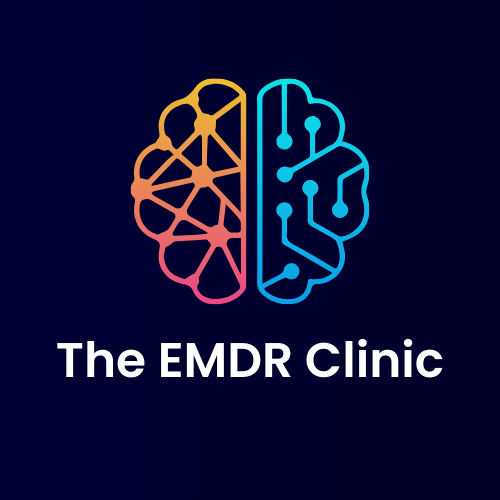Are EMDR memories real?
This is a question I get asked a lot - especially if an image or memory has come up during a processing session (Phase 4) or in dreams and reflections outside of sessions. And my reply is this:
“EMDR isn’t there to recover or fact-check the memories or images that arise. We trust that they are representations of information your brain needs to process. They’re real, yet memories can change over time”
I’m aware that referencing memories changing may lead some of us with minimising or dismissive parts to go ‘Maybe this thing isn’t that bad/didn’t happen’. That’s NOT what I’m saying at all.
It may feel unnerving to see someone in a memory that you’ don’t think was around at the time or be in a location you know you didn’t visit. If you’ve ever had a dream where there is a person who you know - but they don’t look like themselves. You can sense it’s them. That’s like how I understand our systems to work.
In addition, the feelings and emotions you experience with this memory or image are real. The memory serves as a root to connect us to the feelings and the body. We’re hardwired for survival and connection. Our brain, mind and body will know the source of the trauma and that at the point it happened - it understandably overwhelmed our system. So our brain can offer us segments, pieces of an incoherent narrative to protect us from re-experiencing it fully, in order to ensure our continued survival. I tell my clients:
“The body keeps the score. The brain knows the score, it just doesn’t tell the mind”
What happened, happened. Otherwise we wouldn’t have the symptoms we currently have. EMDR faciliates the brain, mind and body all communicating effectively with each other again. In the SAFE PRESENT, not the unsafe ‘There & Then’. But that’s the work of EMDR, to update our system that what happened then, isn’t happening now and that the beliefs you had to form then were a further way in which you adjusted to survive.
I think it’s important to name and honour that there may be a protective part of yourself who would prefer to believe the memories aren’t real and not deal with them. Maybe your adult self now wishes to protect a younger self that experienced the trauma? This is how the presenting past can influence our ‘here & now’ experiencing.
I hope this post is helpful in some ways. I write to clarify my own thinking, which can change over time. After all, I’m a therapist. So I believe that growth and change are an important part of being a human.

